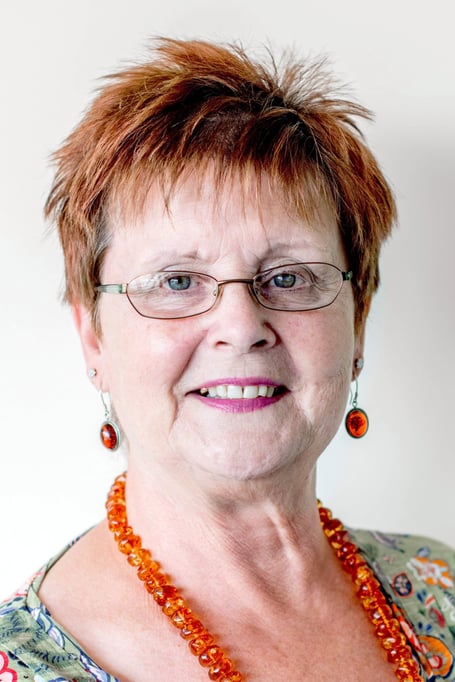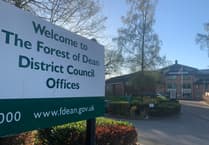A FOREST councillor described how £4,500 worth of damage was caused to her brand new Mini in a row over a planning application.
Other councillors recalled assault and being offered bribes in the days when they could vote on planning applications in their ward.
They told their stories to the full council last Thursday (December 15) in a debate on whether the veto on councillors voting on applications in their ward should be lifted.
Supporters of the ban said it was to protect councillors but opponents said it was an affront to democracy and members of the council should be prepared to defend their decisions.
Cllr Lynn Sterry (Lab, Cinderford West) said: “I had a brand new mini outside my house and it was vandalised to the tune of £4,500 because a member of the public mistakenly thought I had voted on his planning app(lication) against him.
“I wasn’t even at the meeting but he believed that I had voted against his planning application
“That had a terrible effect on me.
“That rule that we don’t vote on our patch is the best thing that could have been because it protects us.”
Cllr David Wheeler (Green, Newland and Sling), said he had been assaulted in the 1990s over a planning issue.
He said: “It wasn’t a very bad assault, I ran away.
“The public understand planning – not only do they understand planning but they become very emotive about planning.
“It can divide communities and it can divide communities really badly
“It’s not just the big strategic applications, somebody’s porch can divide a community.”
Cllr Di Martin said she left what was then the East Dean planning committee in the late 1980s because of “offers” she received.
She said: “The reason I came off the planning committee was the offers I had on my front door.
“I was offered a holiday, I was offered various other things from people who live in my ward and I was very aware of other councillors who were actually taking those offers up.”
Cllr Shaun Stammers said changing the rules would be “At best a licence for intimidation, at worst as a licence for corruption.”
Conservative group leader Cllr Harry Ives (Lydney North) said it was a question of democracy.
He said: “ Residents elect representatives to represent them in all council decision making, that’s democracy,
“If there is any area of council decision making that affects a ward I would argue there is nothing more direct than planning
“That community should at least be on an equal footing to all other communities in the decision-making process and if they are not then democracy is compromised
“This ban creates a democratic deficit and we need to abolish it.”
Cllr Richard Boyles (Con, Newnham) said councillors should argue for the decisions they made.
He said: “If you can’t stand the heat get out of the kitchen – if you find corruption prosecute it.
“You have to make your decision and be strong enough to go back and explain why and don’t abdicate responsibility so you can run away from it at election time.
“You’ve got to stand on what you think is right and represent that view.
“If at election you don’t win you have to live with it because it was the right thing to do.”
Cllr Thom Forester (Independent Alliance, Mitcheldean, Ruardean and Drybrook said ward councillors could bring useful local knowledge to debates.
He said:” Ward members are most able to contribute constructively to that debate. They have that hyperlocal context and information which adds to the planning process.”
Cllr Philip Burford (Ind, Hartpury and Redmarley) said the ban on councillors voting on applications in their areas had been brought in to improve the quality of decision-making.
Cllr Burford, who was chair of the planning committee in recent years said: “We brought this in because we were taking some bad decisions as a planning committee.
“We were losing large sums of money at appeal.
“We wanted out planning decisions to be good and, above all, to be consistent, consistent with each other and consistent with policy.”
The committee voted by 16 to 11, with two abstentions, to retain the ban.
In related votes on the council’s constitution, councillors agreed to keep the number of members on the planning committee at 15.
A recommendation by the constitution working group to increase the size of the committee was defeated by 18 votes to 11 with two absentions.
Cllr Burford argued for an increase because under the current arrangements, the committee could meet with seven members meaning four councillors could make decisions which could have “great and long-lasting implication for the district.”
The council also agreed to change the name of the planning committee to the development management committee.”





Comments
This article has no comments yet. Be the first to leave a comment.